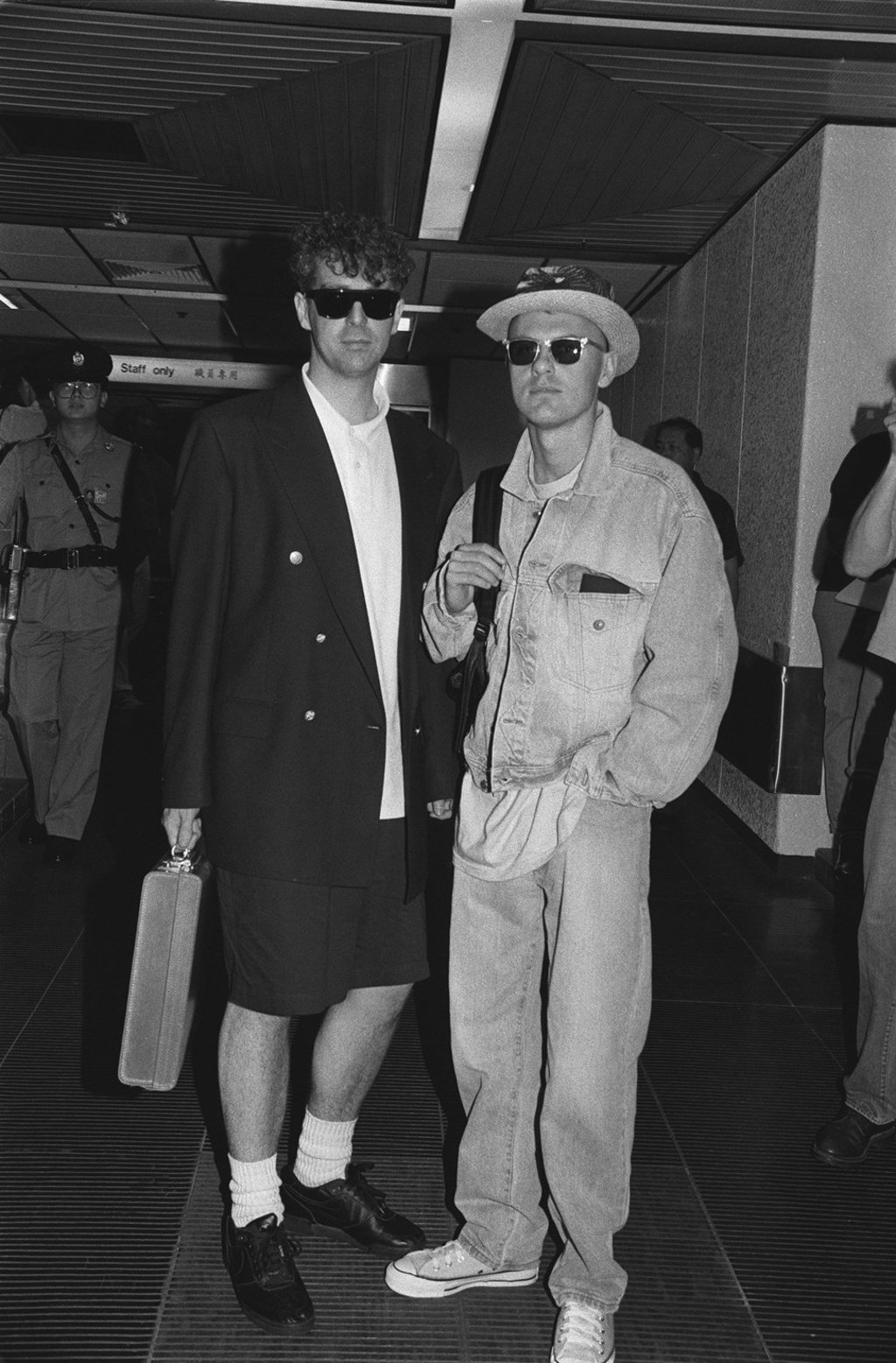How Pet Shop Boys’ story links to Hong Kong, from Tiananmen protest to ‘umbrella movement’
- The band visited the city for the first stop of their first ever tour weeks after the bloody Tiananmen Square crackdown on June 4, 1989
- Twenty-five years later they played on the night the Occupy Central protests kicked off. Now they’re back with a new song name-checking the city

Though literally half a world away from the hi-fi shop on London’s King’s Road where Neil Tennant and Chris Lowe met in their 20s, Hong Kong has emerged as one of the more surprising running themes of the seminal synth-pop duo’s near-40-year career. It even gets a name-check on their latest EP.
The band’s appearances in Hong Kong have unwittingly aligned with some of the most tumultuous periods of the region’s recent history. The first time they visited was soon after the bloody crackdown on student-led protests in Beijing’s Tiananmen Square on June 4, 1989. They returned a quarter of a century later to perform on the evening that the Occupy Central protests officially kicked off in September 2014.
This week, 30 years after the duo first set foot on stage at the Hong Kong Coliseum, they will re-acquaint themselves with the city with a fourth concert here.
When the Pet Shop Boys arrived in Hong Kong on the first stop of their inaugural tour, three weeks after the Tiananmen incident, the city was in mourning.

Andrew Bull, the Hong Kong promoter who booked the band, had a big decision on his hands. The Pet Shop Boys were one of the city’s most popular international acts, bolstered by the global success of two albums and having cemented themselves as one of the decade’s defining groups. Securing them at a time when Hong Kong was largely off the map for big musical acts had been a boon for Bull.
“It was a period of sombre reflection in the city,” Bull says on the phone from Shanghai, where he relocated in the early 2000s. “Hong Kong was in a state of total devastation.”